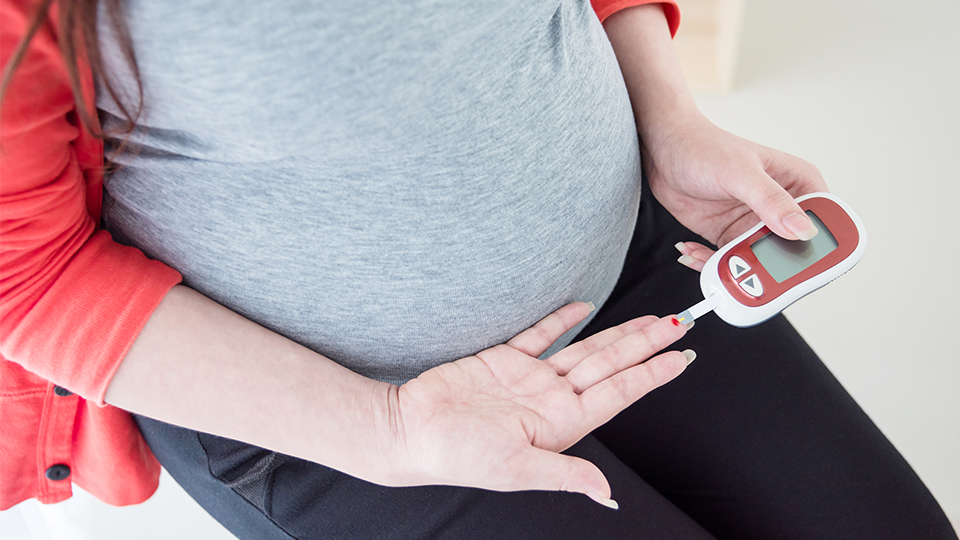Healthy lifestyle lowers risk of Type 2 diabetes by more than 90% in women with gestational diabetes during pregnancy
Published: 05 Oct 2022

Copyright: parinyabinsuk
Women with a history of diabetes in pregnancy can still reduce their chances of developing type 2 diabetes by sticking to a healthy lifestyle.
Gestational Diabetes Mellitus (GDM), or diabetes during pregnancy is a common pregnancy complication. Women who developed GDM are nearly ten times more at risk of developing type 2 diabetes compared to the general population. In Singapore, up to one in five pregnant women are at risk of GDM.
Thus far, the five modifiable risk factors of type 2 diabetes, such as weight control, diet, amount of physical activity, alcohol consumption, and smoking, have been examined individually. However, the combined associations of these risk factors on the long-term risk of developing type 2 diabetes are less well understood, particularly among women who developed GDM.
Delving into this, Professor Zhang Cuilin, faculty member of the Department of Obstetrics and Gynecology at the Yong Loo Lin School of Medicine, National University of Singapore (NUS Medicine), led a team of NUS researchers, in collaboration with National Institutes of Health and Harvard T.H. Chan School of Public Health to examine the associations of adhering to optimal levels of five major modifiable risk factors with the risk of developing type 2 diabetes among women with a history of GDM.
In the study, 924 women developed type 2 diabetes over 28 years of follow-up. After adjusting for other major diabetes risk factors, the researchers found that having optimal levels of the five modifiable risk factors, namely a normal BMI (18.5-24.9), high-quality diet, regular exercise, abstinence from smoking, and moderate alcohol consumption, was associated with a relative reduction of more than 90% in the risk of type 2 diabetes, compared to those who did not have any. Each additional optimal modifiable factor was associated with an incrementally lower risk of the disorder, presenting hopeful results for women with GDM.
The first author of the study, Dr. Jiaxi Yang, a research fellow in the Global Center for Asian Women’s Health and Department of Obstetrics and Gynecology at NUS Medicine, commented, “Although causal relationships cannot be established given the observational nature of the study, ample evidence consistently support the effectiveness of healthy lifestyles in preventing obesity or type 2 diabetes, and on improving cardiometabolic health among diverse populations.”
In view of the alarmingly high prevalence of GDM in Singapore, and the ongoing diabetes epidemic in Asia, future studies among high-risk Asian women are warranted, to further expand findings from the study.
Read more in the press release here.

